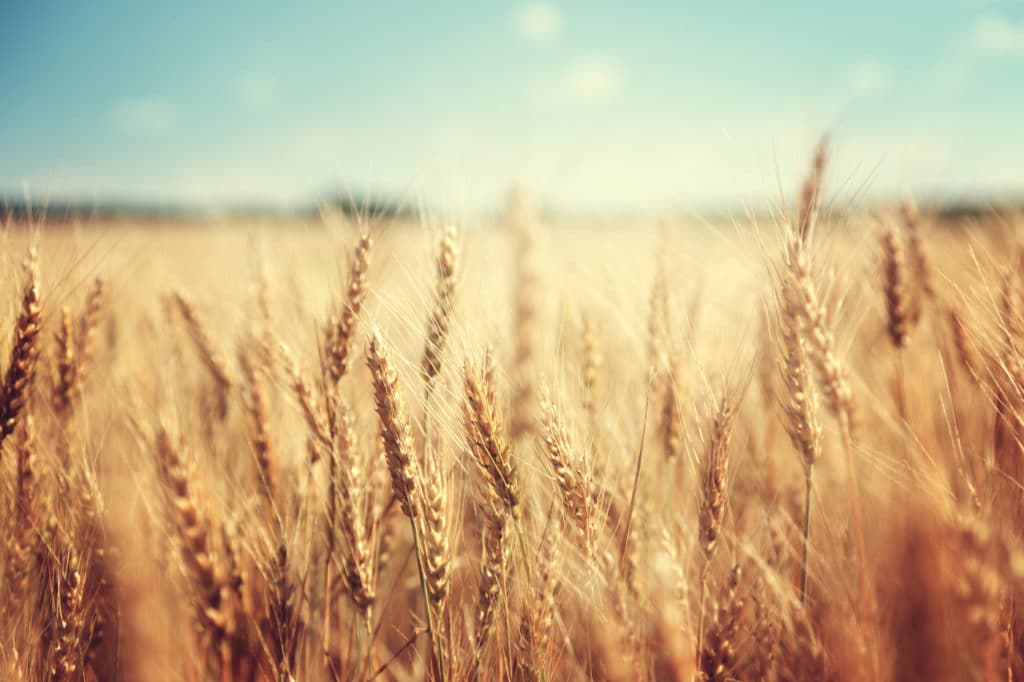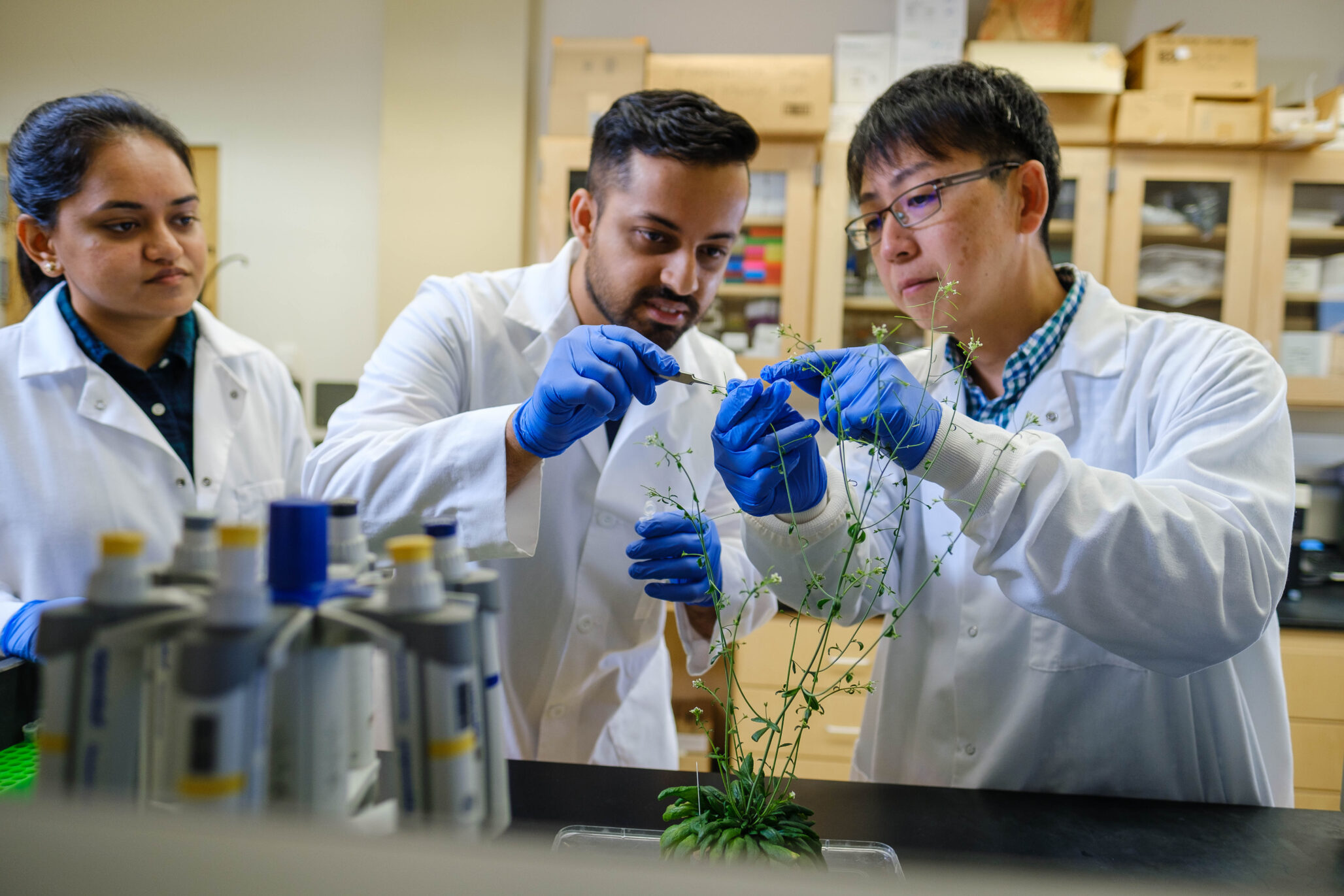Discovery opens the door to technologies for improving canola crops.
Plant biology researchers in the Faculty of Science at the University of Calgary have discovered a key canola protein and the vital role it plays in successful pollination.
The discovery of the protein — phospholipase D1 (PLD1) — could be used by biotechnology companies to create new, more vigorous hybrid varieties of canola, and to promote and accelerate pollination even in challenging environmental conditions, the researchers say.
In a new study, Drs. Marcus Samuel and Sabine Scandola identified the protein and showed that it is necessary both for pollination, and for the biochemical process through which canola plants reject self-pollination and self-fertilization (called the “self-incompatibility response”) to prevent inbreeding.
“We have identified a new, major target in the self-incompatibility pathway, which could be applied in the canola industry in making hybrid plants,” says Samuel, associate professor of integrative cell biology in the Department of Biological Sciences.
The UCalgary study also is the first ever to show that a lipid molecule (a fatty organic compound) in the female reproductive tissue is essential in the biochemical signaling that enables pollen, the male reproductive tissue, to establish on the female reproductive tissue in canola plants — thereby leading to fertilization and seed production.
“Plants are amazing. They don’t move, they can’t walk, so they have to be creative in having a lot of mechanisms to survive,” says Scandola, who performed all the experiments in the study for her PhD with Samuel. She is the lead author of their study, “A Flower-Specific Phospholipase D is a Stigmatic Compatibility Factor Targeted by the Self-Incompatibility Response in Brassica Napus (Canola),” published in Current Biology, a top-ranked science journal.
For the full story visit: https://www.ucalgary.ca/utoday/issue/2019-02-20/university-calgary-scientists-identify-key-canola-protein-involved-pollination-0













